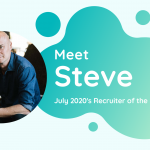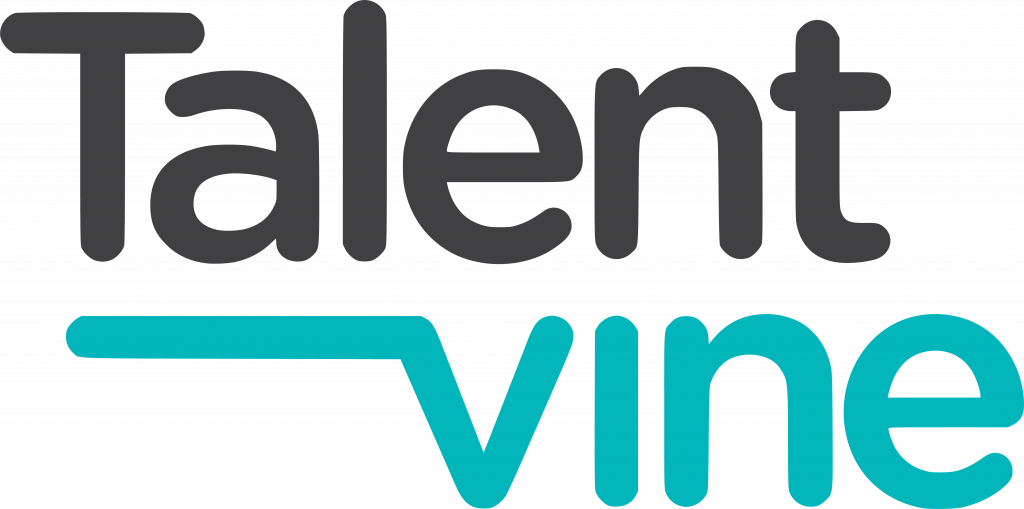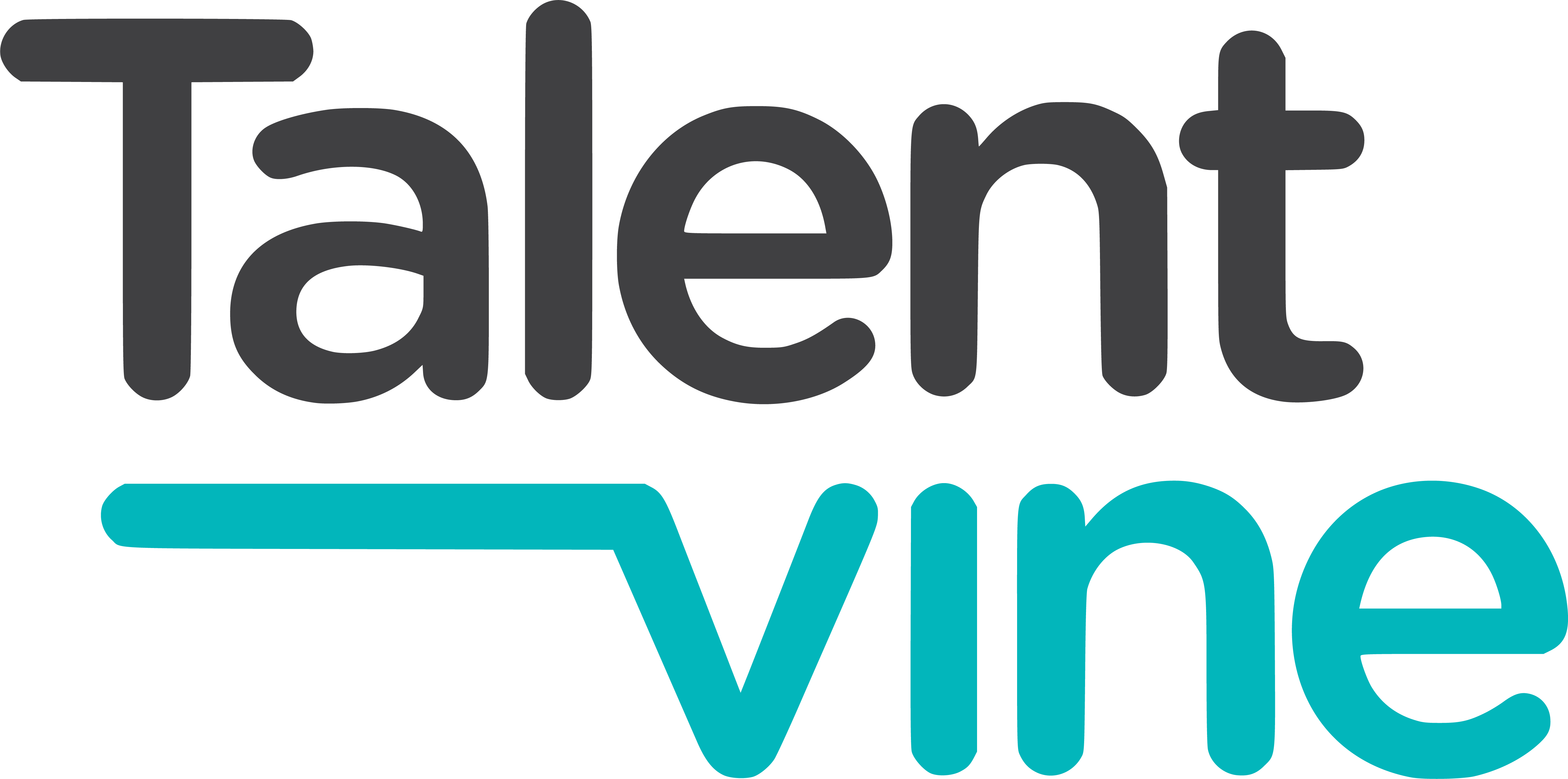One thing I hate is generalisations. You’ve heard them, even within the Recruitment fraternity. Agency people viewed as car salespeople (or worse) In-house Recruiters seen as failed Agency Recruiters. It’s just not right. Recruiting is a profession built to solve a business problem, the problem that is highlighted most years when CEO’s say finding great talent is their number one concern.
We, as a Talent Acquisition community provide a genuinely needed service. A lot of the time against the odds. Hands up if you’ve received a 1 line job description or a “Find me another Mary or John” request for resources. OK put your hands down, the turbulence caused by the butterfly effect of all those hands caused a high wind warning from the Bureau of Meteorology. I’ll call and apologise later.
As a professional TA or Recruiter, you cannot accept that. I’m sorry, you need to push back, ask the real questions and ensure you get what you need to provide the best service possible. It’s scary, I know. Not many people like pushing back to an expectant stakeholder, however doing this will elevate you to more than a perceived order taker and start to position you as someone who can partner with the business to achieve their people goals.
That said, it is in the employer’s best interest to give as much information as they can to ensure success of a hiring campaign. Here are a few things I recommend employers need to consider.
A clear succinct brief.
I’m not talking about an utopian shopping list with 26 mandatory skills of which potentially 3 people in the world have. Put some real thought into it, not just a pre populated JD spat out of a well used HRIS. I’m talking about a thought out list of success criterias which are essential to the role. Shouldn’t be anymore than 3 or 4. Get rid of fluffy terms such as “Good communication skills” or “team player” they just pad out a Job description and are not things you can really qualify. Think really carefully about whether the skills you have listed are really required or are things that can be taught quickly. Sitting on a call or face to face with the Recruiter to go over the brief will also be beneficial. Try asking the Recruiter their understanding and picture of the perfect candidate, their answer will allow you to dispel any assumptions or incorrect weightings of skills.
Give the Recruiter some sample questions/answers you’d like to have covered off.
Let’s face it, a lot of the time your Recruiter is not proficient in the skills you are looking for. We’ll word match and have a strong conversation. But, will struggle to drill down. If you can think about it, there may be some simple questions which people fall over answering, which could save you a lot of time.
Give Recruiter context.
Even in these times of the market potentially being in favour of the employer, you still need to be able to articulate why someone would want the job. Put yourself in the shoes of the “perfect hire”. What about your job or company will excite them? As Bill Boorman says, can you articulate the Individual Value Proposition? By doing so, will increase your chances of success markedly. Think about the old marketing term “What’s in it for them?” Please think beyond, “well it’s a job and of course they’d want to work for us”
Give the Recruiter time.
They want to succeed, both the internal and external recruiters like the buzz of getting an offer out and successfully filling a requirement. Let’s face it, TA isn’t a sexy job, this is always the pay off, the buzz, why we keep coming back. Be available for questions, for ideas. Schedule time to have set aside for interviews, for feedback.
Be humane.
We realise it just looks like just a lot of emails and attachments that hit your inbox. Nameless, faceless people applying for jobs. But they are all attached to a person. Your Recruiter is managing the people behind the resumes. Be timely, be honest, be authentic in your feedback. Good, bad or indifferent. The Recruiters can take it, hell even be brutally honest. As a Recruiter we will turn this brutality into constructive feedback for the candidate. If you hassle the Recruiter for profiles allow the Recruiter to hassle you for feedback. It’s only fair.
Take the Recruiters advice.
Treat your Recruiter as a professional. Sounds easy doesn’t it. Believe in the fact that the Recruiter is there as the Subject Matter Expert in finding you people. Ask them their advice. Talk to them about what their approach to finding this person will be. Believe it or not, your Recruiter should have a better handle on the wider market you’re working in. It’s their JOB! Work with them to set realistic timelines and help map out a successful campaign. I know you don’t have time. No one does, but we’re all busy, trust me, ten minutes up front will save you hours later on.
The process always works better when Talent Acquisition is treated as part of the team, engaged to solve a business problem, the problem that being understaffed created. I promise you Talent Acquisition professionals are not purely order takers and pickers, there is rarely a warehouse of perfect people sitting waiting for them to call upon.
As a trusted member of the team, garnered with all the relevant information and focus and support from the business, your Recruiter will ensure that your next hiring campaign is nothing but successful.








